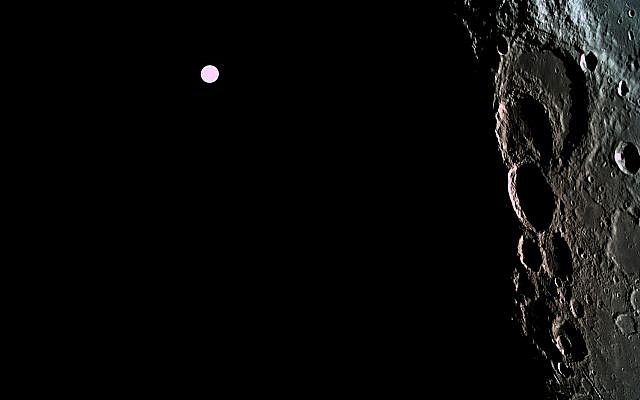Sixties Fan
Diamond Member
- Mar 6, 2017
- 58,761
- 11,132
- 2,140
- Thread starter
- #3,421
Follow along with the video below to see how to install our site as a web app on your home screen.
Note: This feature may not be available in some browsers.




